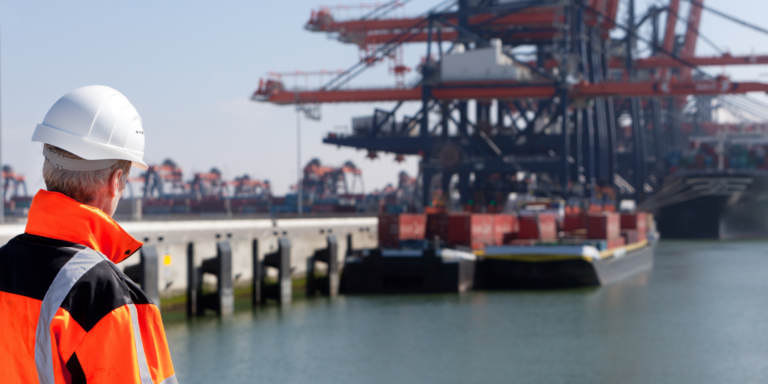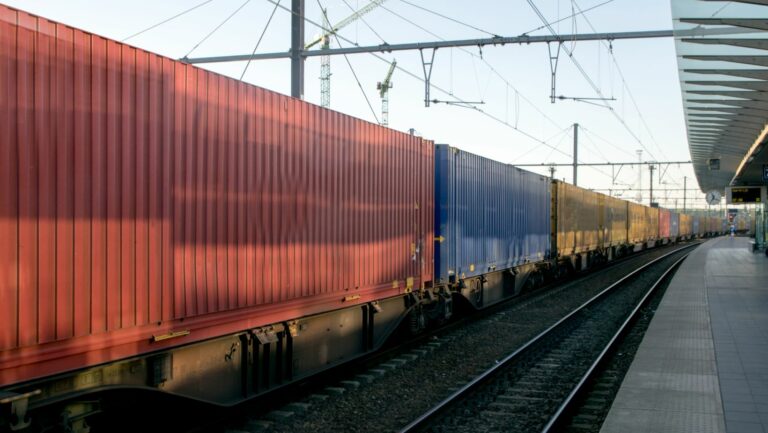EU Takes Bold Steps to Combat Climate Change: Limits Methane Emissions in Fossil Fuel Imports
In a significant move towards combating climate change, European Union lawmakers recently adopted a groundbreaking law that will impose methane emission limits on fossil fuel imports starting from 2030. Methane, a potent greenhouse gas and the main component of natural gas, is the second-largest contributor to climate change after carbon dioxide. This new regulation places pressure on international suppliers to take stringent measures and reduce leaks of methane emissions. In this blog post, we will explore the implications of the EU’s methane emission limits on fossil fuel imports and the importance of curbing methane emissions to mitigate severe climate change.
The Significance of Methane Emission Reduction
Methane has a higher warming effect compared to carbon dioxide in the short term. Therefore, rapid cuts in methane emissions are crucial for preventing severe climate change impacts. Recognizing this, European Union lawmakers have taken a proactive step by adopting the first-ever European law that targets the reduction of methane emissions. The law exemplifies the EU’s commitment to achieving its climate targets and reinforces its commitment to the Global Methane Pledge.
Impact on Fossil Fuel Imports
The new import rules, scheduled to take effect from 2030, will impose limits on “methane intensity values” for producers sending fossil fuels into the EU. This regulation is expected to have a particular impact on major gas suppliers like the United States, Algeria, and Russia. These countries will need to take immediate action to reduce methane emissions in order to comply with the EU’s stringent standards. It is worth noting that Norway, with its exceptionally low methane intensity levels in gas supply, has replaced Russia as Europe’s biggest pipeline gas supplier.
The Road Ahead
With the adoption of this landmark law, the European Union has taken a significant step forward in the global fight against climate change. By imposing methane emission limits on fossil fuel imports, the EU not only holds international suppliers accountable but also sets a crucial precedent for other regions to follow. This move reinforces the urgency and importance of reducing methane emissions, aligning with global efforts to mitigate the impact of climate change.
The adoption of the law placing methane emission limits on fossil fuel imports by European Union lawmakers marks a crucial milestone in the fight against climate change. By pressuring international suppliers to clamp down on methane leaks, the EU is taking tangible steps to address one of the major drivers of global warming. With this bold move, the EU is setting the stage for more comprehensive actions to combat climate change and inspire other regions to implement similar stringent regulations. As the world continues to grapple with the impact of climate change, such decisive actions by the European Union are essential for driving meaningful change and safeguarding the future of our planet.
Source Article: https://www.usnews.com/news/world/articles/2024-04-10/eu-lawmakers-adopt-law-to-hit-fossil-fuel-imports-with-methane-emissions-limit

Importing 201
Did you know that U.S. Customs requires that importers have written policy and procedures for record-keeping and customs compliance? This course builds upon techniques presented in our U.S. Importing course and explains how to implement and strengthen your import controls. The course also describes what you should do to prepare for the eventuality of a CBP audit.








